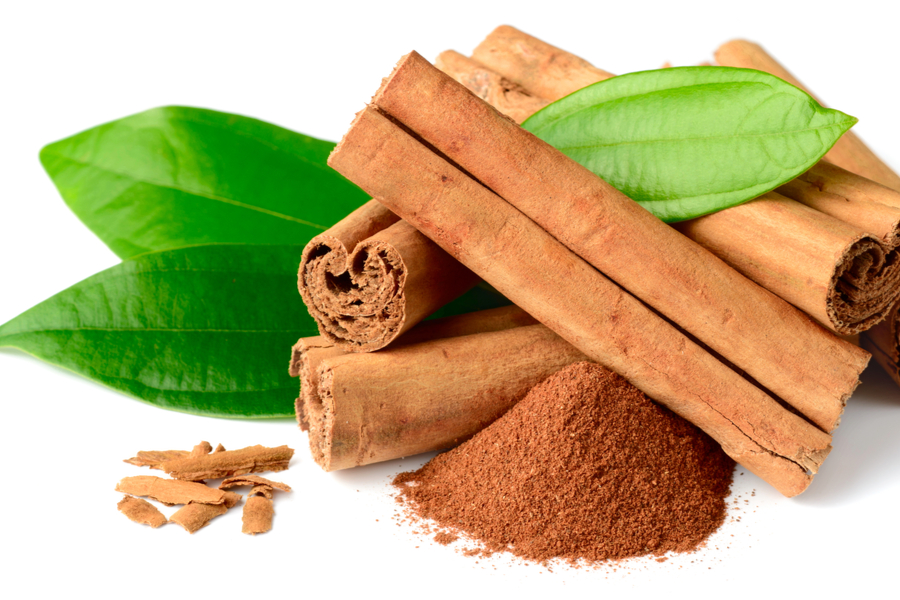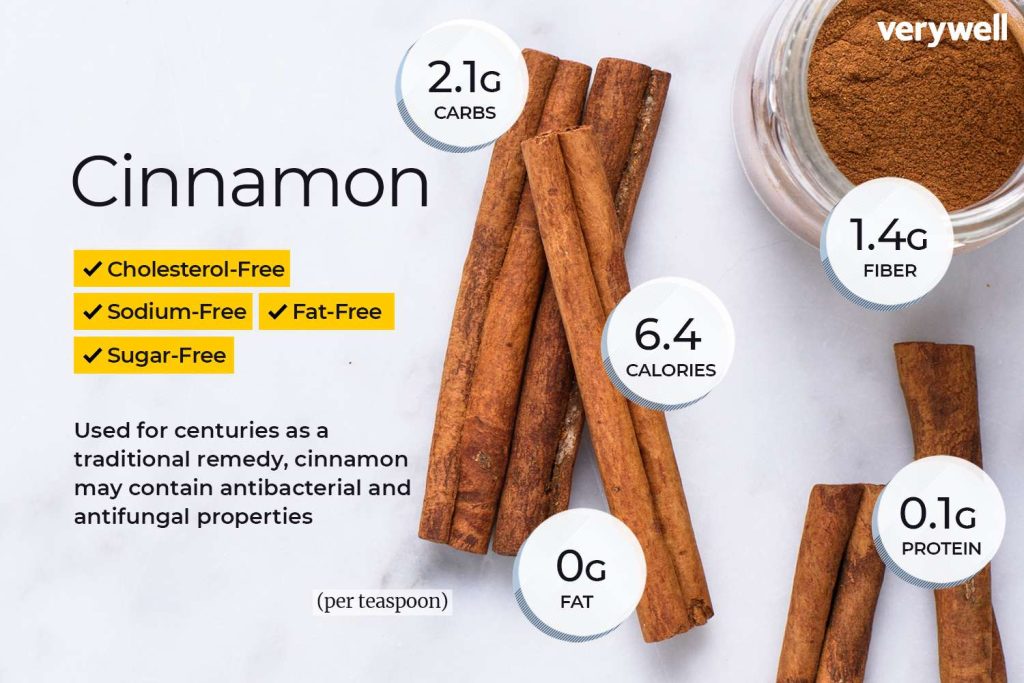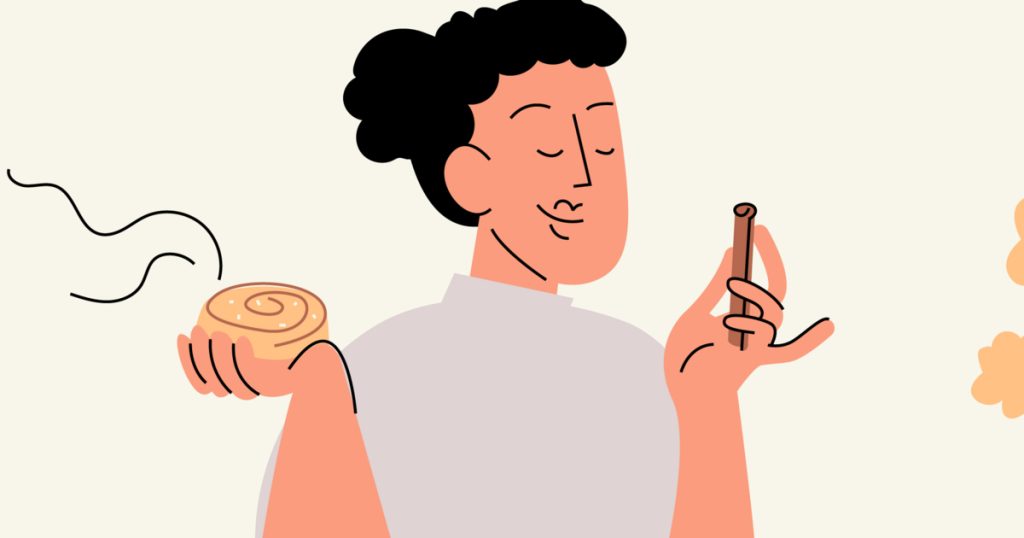Cinnamon is a popular spice known for its distinct flavor and aroma. While it is widely used in various cuisines and has some health benefits, there have been claims circulating that consuming cinnamon can be fatal.

This article aims to debunk the myth and shed light on the scientific facts regarding cinnamon’s safety. By exploring the properties of cinnamon, potential risks, and appropriate consumption levels, we can separate fact from fiction and understand whether cinnamon poses any real danger to our health.
The Properties of Cinnamon
Cinnamon is derived from the inner bark of trees belonging to the Cinnamomum genus. It contains several active compounds, including cinnamaldehyde, eugenol, and coumarin, which contribute to its unique taste and scent. Cinnamaldehyde, in particular, is responsible for most of the health benefits associated with cinnamon, such as its antioxidant and anti-inflammatory properties.
These compounds have been studied extensively, and cinnamon has shown potential in managing blood sugar levels and reducing the risk of certain diseases.

Let’s explore the scientific evidence and debunk any misconceptions surrounding this popular spice.
The Origins and Uses of Cinnamon
Cinnamon has a rich history dating back to ancient times. It was highly valued in ancient Egypt and was even mentioned in the Bible. Derived from the inner bark of trees belonging to the Cinnamomum genus, cinnamon has been used in cooking, perfumes, and traditional medicine across various cultures.
Differentiating between Ceylon and Cassia Cinnamon
There are two main types of cinnamon available in the market: Ceylon cinnamon (Cinnamomum verum) and Cassia cinnamon (Cinnamomum cassia). Ceylon cinnamon is considered the true or “real” cinnamon, while Cassia cinnamon is more commonly found and less expensive. It is important to distinguish between the two, as they differ in terms of taste, aroma, and chemical composition.

The Compounds in Cinnamon
Cinnamon contains several compounds that contribute to its flavor and potential health benefits. Cinnamaldehyde, the primary component responsible for cinnamon’s characteristic taste and smell, has shown antimicrobial and anti-inflammatory properties. Other bioactive compounds found in cinnamon, such as eugenol and coumarin, also possess various biological activities.
One of the primary concerns associated with cinnamon is its coumarin content. Coumarin is a natural compound found in various plants, including cinnamon, and has been linked to liver damage when consumed in excessive amounts.
However, it is important to note that there are different types of cinnamon available, with Cassia cinnamon containing higher levels of coumarin compared to Ceylon cinnamon. Cassia cinnamon is commonly used in the United States, while Ceylon cinnamon is more prevalent in Europe and other parts of the world.
Toxicity studies have shown that consuming excessive amounts of coumarin can be harmful. However, the average intake of cinnamon in everyday culinary use is unlikely to pose a significant risk to most individuals. The European Food Safety Authority (EFSA) has set a tolerable daily intake (TDI) of 0.1 mg per kilogram of body weight. This means that an average adult weighing 70 kilograms would need to consume approximately 7 grams of Cassia cinnamon in a single day to exceed the TDI. It is worth noting that excessive consumption of any food or spice, even those considered safe, can lead to adverse effects.

Appropriate Consumption of Cinnamon
To enjoy the flavor and potential health benefits of cinnamon while minimizing any potential risks, it is important to follow some guidelines. Opting for Ceylon cinnamon, which has lower levels of coumarin, is a safer choice. Additionally, moderation is key. Consuming cinnamon in normal culinary amounts is generally safe for most people.

For those with pre-existing liver conditions, it is advisable to consult a healthcare professional before significantly increasing cinnamon intake or using cinnamon supplements. Individuals taking medication that affects liver function should also exercise caution.
Conclusion
In conclusion, the myth that cinnamon can kill you is unfounded. While excessive consumption of coumarin-rich Cassia cinnamon can be harmful, everyday culinary use of cinnamon is generally safe for most individuals.

By choosing Ceylon cinnamon, being mindful of the amount consumed, and considering individual health conditions, one can enjoy the taste and potential health benefits of cinnamon without significant risks.
As with any spice or food, moderation and informed decision-making are key to maintaining a healthy lifestyle.
